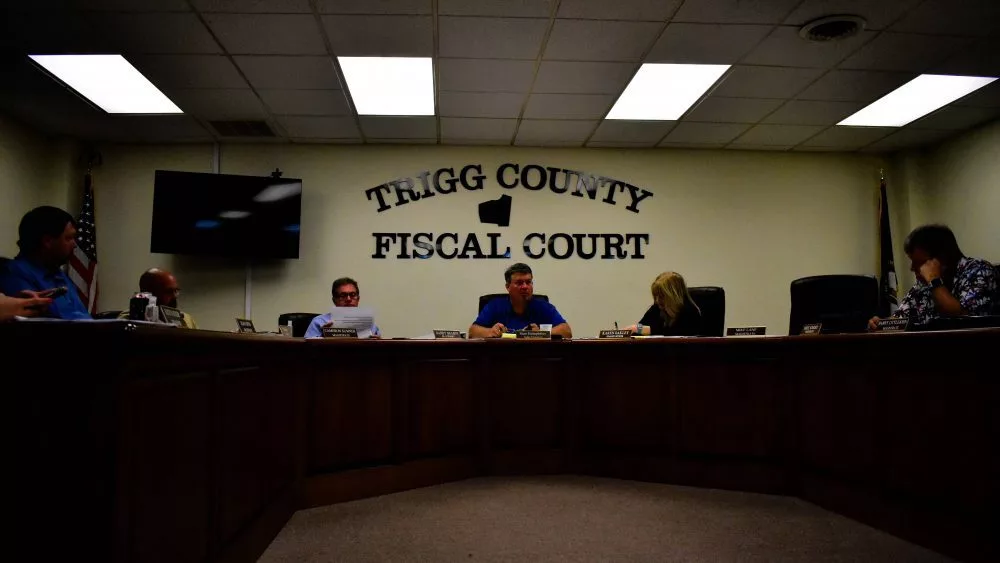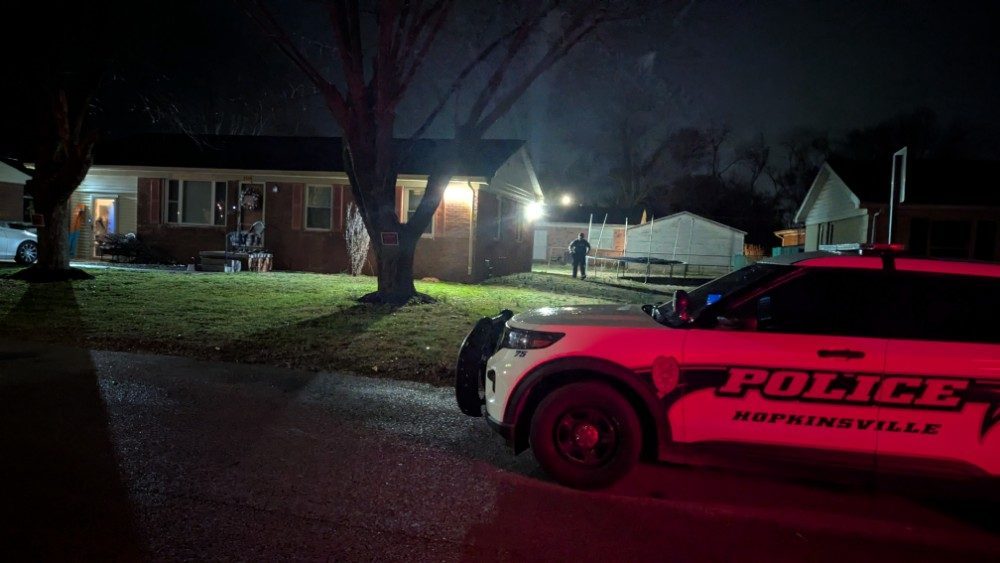
On June 27, Senate Bill 63 will come into effect in Kentucky — signaling a new era of “special purpose vehicles” and “street-legal special vehicles,” and their allowance on highways and county roads under specific circumstances.
It will prohibit street-legal special purpose vehicles from traveling a distance greater than 20 miles on a highway that displays center-line pavement markings, and it will also require owners of said vehicles to register their rides at county clerk’s offices, after complying with a bevy of specifications checks conducted by local law enforcement.
But much like the now-legal medical cannabis statutes, it also requires counties and their governments to either opt in on the state’s ruling, or ignore it altogether.
This means: if a county doesn’t create an ordinance accepting it inside their jurisdiction, citizens can still license these types of vehicles, but must operate them elsewhere in legal locales across the Commonwealth.
Monday evening alongside Trigg County Fiscal Court magistrates, County Attorney Randy Braboy, Judge-Executive Stan Humphries, Sheriff Aaron Acree and County Clerk Carmen Finley opened discussions about the possibility of such an ordinance befitting the community — and its meaning to places like Cadiz, Canton, Linton and Land Between the Lakes, which operates under federal law, but is still somewhat overseen by local and regional authorities.
Braboy noted that Trigg County already has an ordinance in place for the operation of golf carts and smaller ATVs on county roads, which comes with other certain permissions, but he made it very clear: this is quite different, and if magistrates were to allow these SPVs to roam, the two laws would co-exist for different purposes and uses.
The requirements for licensing to be met, Finley said, are lengthy and similar to boat or motorcycle ownership, and include things like:
+ head, tail and brake lamps;
+ illuminated registration plates;
+ a rear red reflector;
+ amber and/or red electric signals;
+ a braking system aside from a parking brake;
+ insurance, an operator’s license, a paid ad valorem tax, and a certified multi-point inspection;
+ a roll bar and/or roll cage;
+ tires with at least 1/16th inches of tread;
+ a horn, windshield, working muffler, speedometer, rearview mirrors and appropriate safety harnessing;
+ and more.
She noted that one of the pros of adopting the state law would also be the acceptance of trade-in credits, in which owners can swap out their lesser SPVs with improved ones. She further confirmed that several Trigg Countians have already asked about the possibility of this ordinance, and she has advised many that a decision would likely come by sometime in July.
Acree said he’s been in contact with officials from surrounding counties exploring their own locales and constituents’ opinions, and noted his office is ready to abide by whatever the court eventually decides.
Humphries said he wanted to hear from local citizens and his magistrates ahead of the next fiscal court meeting, scheduled for June 16, before any possible ordinance is drafted and twice read and accepted as a potential ratification.
FULL DISCUSSION:





